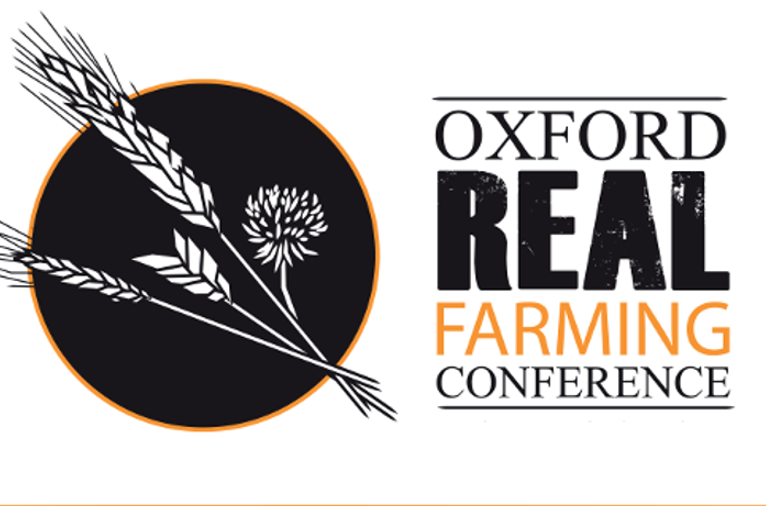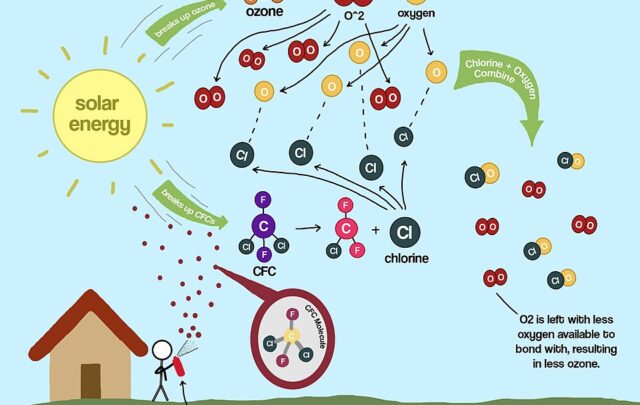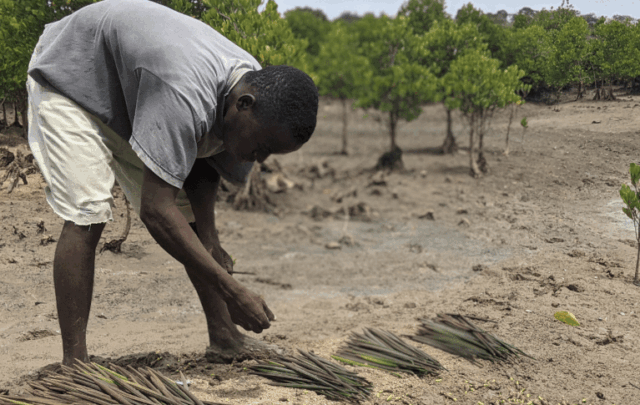At this year’s Oxford Real Farming Conference the Sustainable Food Trust will be convening a session delving into one of the most important issues for future farming policy in the UK – how do we measure on-farm sustainability and bring about convergence in the multitude of conflicting and overlapping assessment and certification systems currently being used? If we are to achieve fairness in any future policy or subsidy system we need to accurately record farm sustainability in order to ensure those farming in a sustainable way and delivering public goods are rewarded financially, while those using practices that are damaging to the environment and public health are made accountable.
In 2016, the Sustainable Food Trust convened a small group of farmers and land managers to begin developing a harmonised framework and common language for assessing the sustainability of all farming systems.
At present, most farmers and land managers participate in multiple and overlapping sustainability assessment schemes, required to satisfy several different stakeholders including government, certification bodies and food companies. It has been estimated that worldwide there are more than 100 different on-farm sustainability assessment tools in existence, and consequently, food producers are subjected to unnecessary expenses and time-consuming bureaucracy in meeting these compliance requirements.
[slide-anything id=’3472166′]
A harmonised framework could take the form of a tailored whole farm management plan with a suite of categories and measures, aligned and compatible with existing initiatives such as the TEEBAgriFood valuation framework, Natural Capital Protocol and FAO’s SAFA framework. With this in place, the enabling conditions will exist for both government and market intervention, the combination of which will accelerate the transition towards more sustainable food systems.
Since convening the working group the SFT commissioned the Organic Research Centre to undertake a gap analysis and pilot studies, with the aim of evaluating the effectiveness of assessment schemes currently in use. The study also included a review of where data required by sustainability assessment schemes is already collected by farmers, such as for government grant applications and certification audits. It was found that, of the 1000 data points required, over half were already collected, therefore overlapping hugely and creating a significant time burden for farmers. A link to this report can be found here.
Following this study, a draft framework was created by the farmer working-group, the effectiveness of which was tested by Dr Harpinder Sandhu, Senior Research Fellow at Flinders University, who visited the UK in March 2018 to undertake six pilot studies using the framework as a basis for his assessment. We will be presenting the findings from these studies at ORFC.
Defra have taken a keen interest in this work. In leaving the EU, and subsequently the Common Agriculture Policy, they are now designing the key features of a new national agriculture policy under the mantra of ‘public money for public goods’. Going forward, the Government will need to be accountable to the taxpayer, demonstrating the public money distributed to farmers provides successful sustainable outcomes, which could be evidenced by requiring participant farmers to report on their sustainability each year.
To achieve this, we are suggesting that farmers should have to complete an annual farm sustainability assessment based on the harmonised framework of categories and metrics. This could be used to assess the baseline sustainability of the farming system in addition to improvements year on year.
At last year’s Oxford Real Farming Conference, Michael Gove, Secretary of State for DEFRA said:
“There are already a number of ways in which farmers can secure recognition for high animal welfare or environmental standards. But while they’re all impressive and outstanding, there’s still no single, scaled, measure of how a farmer or food producer performs against a sensible basket of indicators, taking into account such things as soil health, control of pollution, contribution to water quality as well as animal welfare. We’ve been in discussion with a number of farmers and food producers about how we might advance such a scheme and I think that, outside the EU, we could establish a measure of farm and food quality which would be world-leading”
Since then, the SFT has been working with the Secretary of State and his team by sharing our research and thinking around these sustainability metrics. But what’s next for 2019? What are your thoughts on how we should measure sustainability?
Join us at 10:30am on 4th January in the Long Room for our session, ‘The Harmonisation of On-Farm Sustainability Assessment,’ where we will hear from Adele Jones and Patrick Holden about the SFT project, as well as expert opinion from Garth Clarke from Waddesdon Estate and Emily Norton from Savills.























